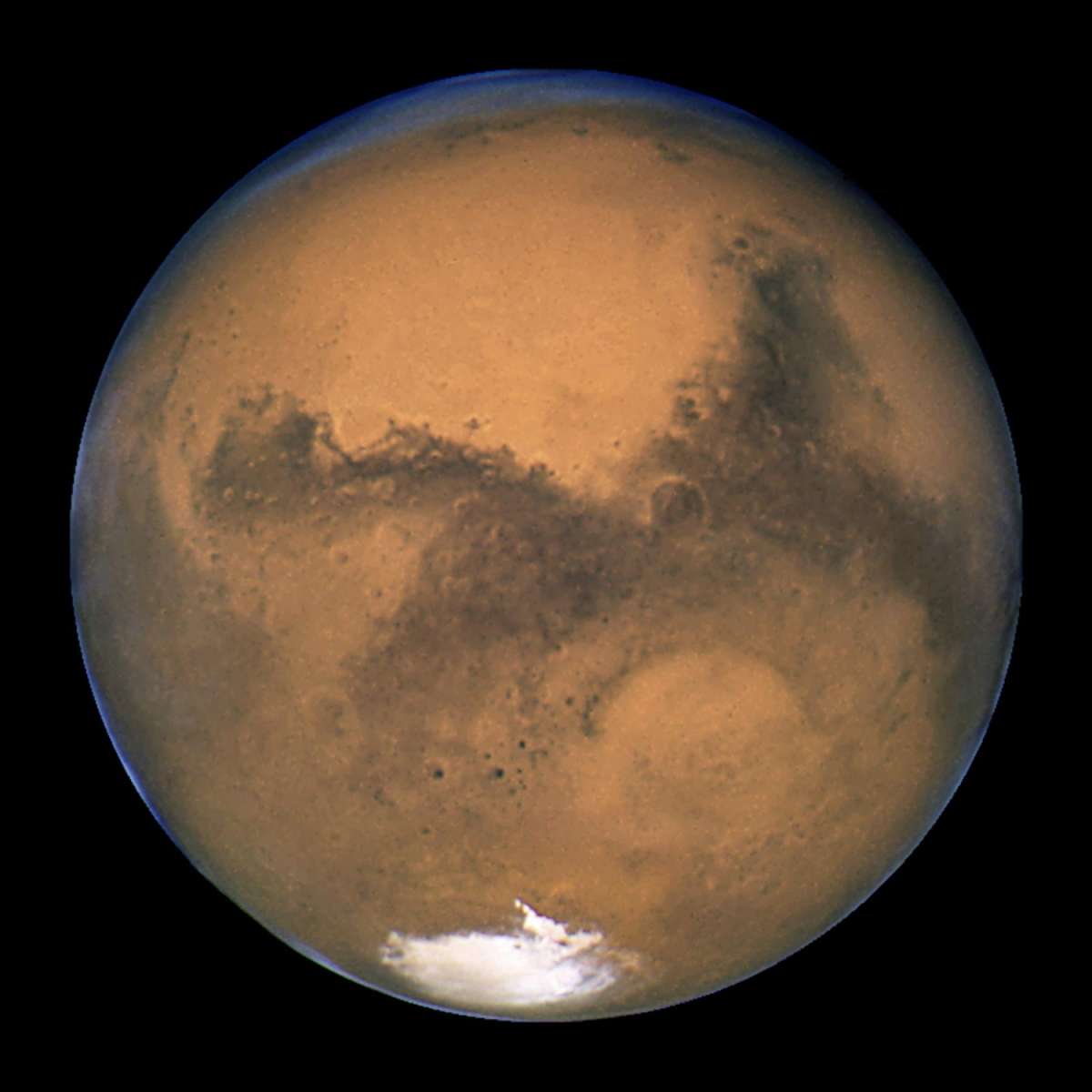It also substantially reduced the area — by up to 97 per cent — the team needed to search, signalling the efficacy of the AI model to one day detect signs of life on other planets…reports Asian Lite News
Artificial intelligence (AI) may help scientists find the exact place to look for while finding life on Mars and other icy worlds, a new study has suggested.
A team of astrobiologists developed an AI model and tested its ability to look out for sparse life hidden away in salt domes, rocks and crystals at Salar de Pajonales at the boundary of the Chilean Atacama Desert and Altiplano — one of the driest places on the planet, resembling the features of a Martian surface.
Pajonales is a high altitude (3,541 m), high U/V, hyperarid, dry salt lakebed, considered inhospitable to many life forms but still habitable.
The results, reported in the journal Nature Astronomy, showed that the AI model helped scientists locate and detect biosignatures — any feature which provides evidence of past or present life — up to 87.5 per cent of the time.
It also substantially reduced the area — by up to 97 per cent — the team needed to search, signalling the efficacy of the AI model to one day detect signs of life on other planets.
Currently, researchers have limited opportunities to collect samples on Mars or elsewhere or access remote sensing instruments when hunting for life beyond Earth. The new AI model will help scientists’ with the exact place to look for while finding life on other worlds.
“We hope other astrobiology teams adapt our approach to mapping other habitable environments and biosignatures,” said lead researcher Kim Warren-Rhodes, Senior Research Scientist at SETI Institute.
“With these models, we can design tailor-made roadmaps and algorithms to guide rovers to places with the highest probability of harbouring past or present life — no matter how hidden or rare,” Warren-Rhodes added.
The team, including from the NASA Astrobiology Institute (NAI), collected over 7,765 images and 1,154 samples and tested instruments to detect photosynthetic microbes living within the salt domes, rocks and alabaster crystals.
The study’s findings confirm (statistically) that microbial life at the Pajonales terrestrial analog site is not distributed randomly but concentrated in patchy biological hotspots strongly linked to water availability at km to cm scales.
Next, the team trained convolutional neural networks (CNNs) to recognise and predict macro-scale geologic features at Pajonales — some of which, like patterned ground or polygonal networks, are also found on Mars — and micro-scale substrates (or ‘micro-habitats’) most likely to contain biosignatures.
Like the Perseverance team on Mars, the researchers tested how to effectively integrate a UAV/drone with ground-based rovers, drills and instruments (e.g., VISIR on ‘MastCam-Z’ and Raman on ‘SuperCam’ on the Mars 2020 Perseverance rover).
“While the high-rate of biosignature detection is a central result of this study, no less important is that it successfully integrated datasets at vastly different resolutions from orbit to the ground, and finally tied regional orbital data with microbial habitats,” said Nathalie A. Cabrol from the SETI Institute NAI team.
ALSO READ-StartUp Bahrain officially relaunches














